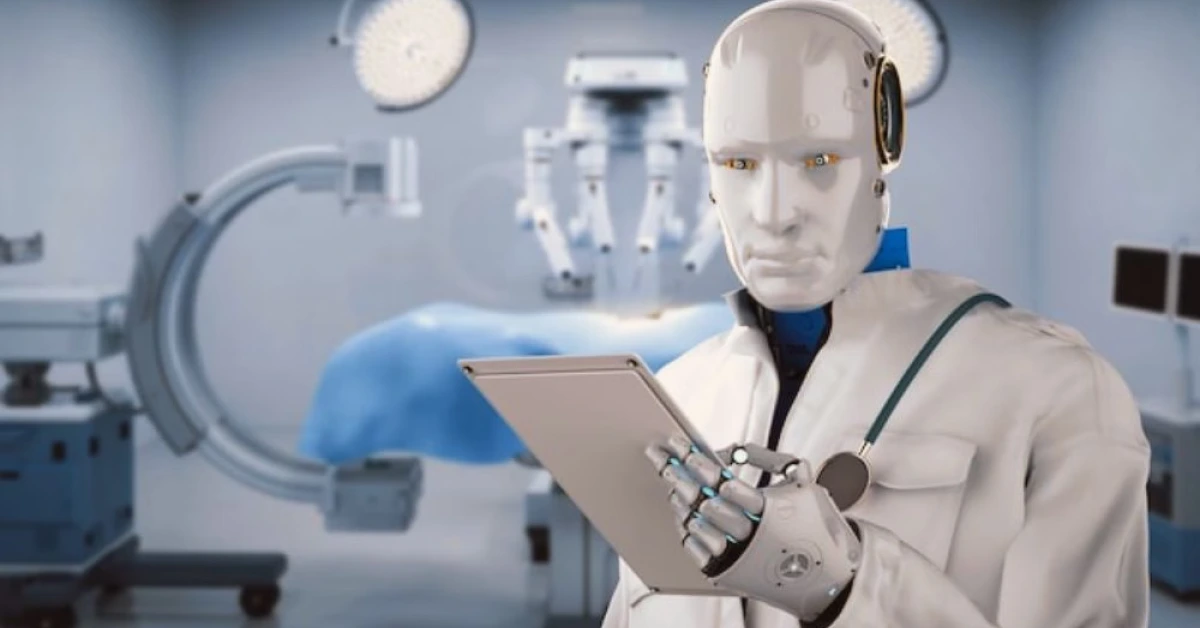
SAUDI ARABIA – In a world-first, Saudi Arabia has introduced a fully AI-powered doctor clinic, transforming how healthcare is delivered.
Launched in Riyadh by AiClinic and backed by Almoosa Health Group, this cutting-edge facility provides medical services, from diagnosis to prescription, without the need for an on-site human doctor.
Located in the eastern region of Al-Ahsa, the clinic represents a significant leap forward in the use of artificial intelligence in medicine.
At the heart of the clinic is “Dr Hua,” an AI system capable of diagnosing illnesses, suggesting treatments, and even prescribing medication.
Patients simply describe their symptoms using a tablet or kiosk. The AI then asks follow-up questions, reviews the patient’s medical history, and analyzes images like X-rays or cardiograms collected by human staff.
Once the analysis is complete, Dr Hua generates a treatment plan. Although a human doctor does not interact with the patient directly, they are available to review the plan and handle any emergencies.
This innovative approach aligns with Saudi Arabia’s Vision 2030, which aims to boost economic diversity and foster innovation.
Healthcare is a key focus, with AI seen as a powerful tool for expanding access to quality care, especially in remote or underserved communities.
The AI system used in the clinic has undergone extensive testing and meets international medical standards.
According to Bloomberg, the technology, developed by Synyi AI, recorded an error rate of less than 0.3% during pre-launch testing.
“Until now, AI has mainly supported doctors. We are now taking the final step—letting AI diagnose and treat patients directly,” said Zhang Shaodian, CEO of Synyi AI.
Though still in its trial phase, the clinic has already served several patients free of charge under close supervision.
Data from these early cases is being compiled for submission to Saudi health regulators, with hopes of gaining full approval within 18 months.
Currently, the AI clinic focuses on respiratory illnesses and can handle about 30 conditions, including asthma and sore throat.
Plans are underway to expand its capabilities to 50 conditions, adding areas like gastroenterology and dermatology.
OpenAI has recently launched the HealthBench benchmark, which tests how accurately AI can handle health.
XRP HEALTHCARE L.L.C | License Number: 2312867.01 | Dubai | © Copyright 2025 | All Rights Reserved